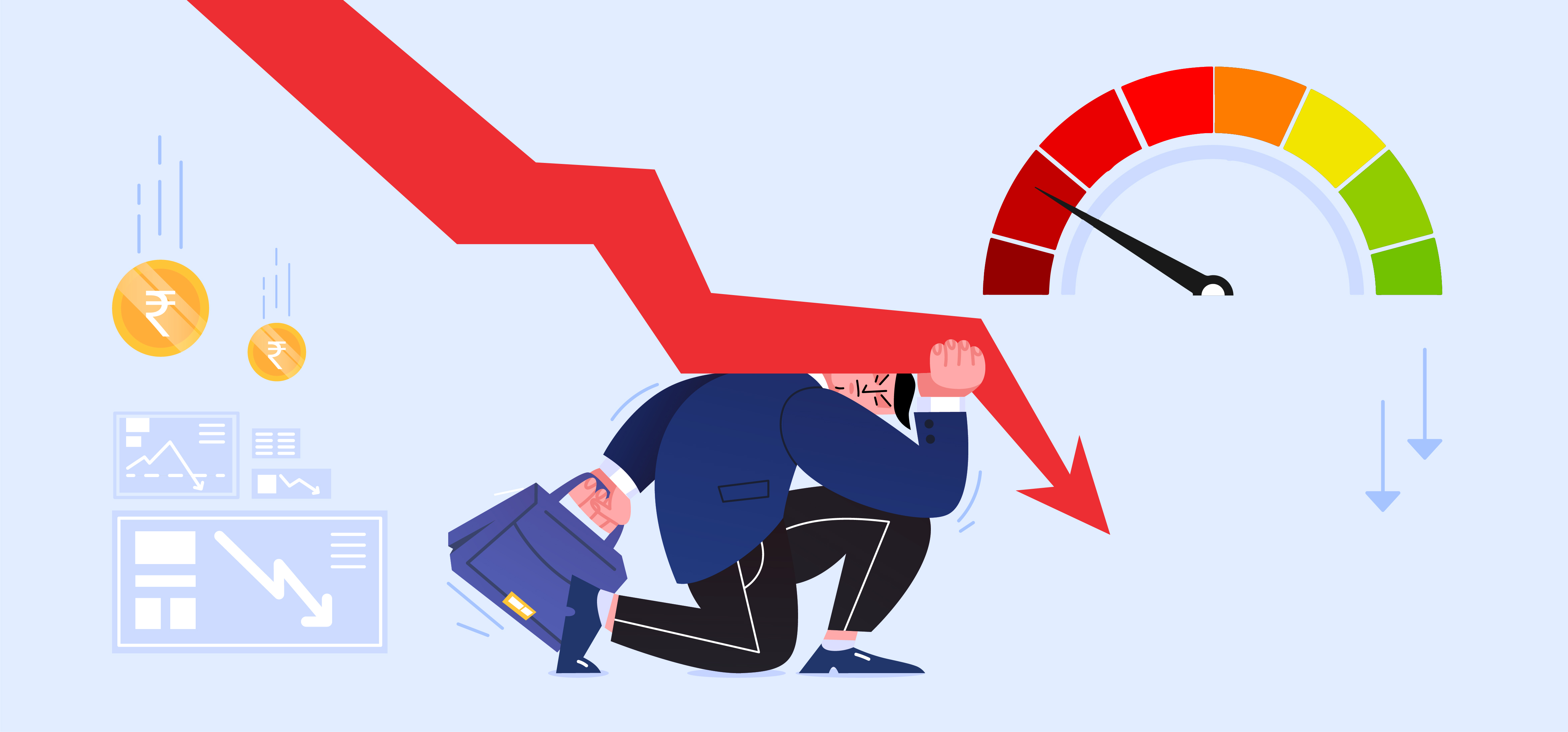- Blog
Suraj Kumar (name changed) a 34-year-old HR professional, had taken a personal loan of Rs 3 lakh for his sister’s wedding expenses. Due to some unavoidable circumstances Suraj lost his job and was unemployed for a few months. Suraj was forced to dip into his savings to pay the personal loan EMI. Eventually, Suraj did get another job, however at a lower salary. He was unable to pay his EMI’s on time and his account was declared a NPA by the lender. Suraj explained his problems to his lender who offered him a one time settlement by accepting 75% of the dues. Suraj decide to accept the ‘One Time Settlement’ of the loan with his lender to end his troubles.
However, later when Suraj applied for a new credit card, it was turned down. It was then that he realized the negative impact of the loan settlement on his credit score. Let us see what loan settlement means and under what circumstances you should go for it
What is a Loan Settlement?
A one time loan settlement is when the lender agrees to accept a lesser amount than the entire amount that is due and agrees to waive off or write off the rest of the amount.
What is the Loan Settlement process?
Once the valid reasons for inability to pay the loan are determined and verified, a mutual understanding is reached between the lender and the borrower and a one-time amount is decided upon (which is lower than the actual outstanding dues) that the borrower needs to pay to the lender to settle the loan account in its entirety.
The details of this ‘settled’ loan account are then shared with the credit bureaus for their record-keeping, under the Credit Information Companies (Regulation) Act, 2005. The credit bureaus update the borrower’s records and credit score.
The important thing to note is that there is no common or standard guideline/policy regarding the loan settlement criteria and the calculation of the loan settlement amount. Each lender may have his own internal guidelines on the process and settlement offer.
For example, if you have a loan with HDB Financial Services and are thinking of settling it, then it is important to note that there is no such settlement policy in HDBFS. Any agreement with the borrower on the amount payable will be solely at HDB Financial Services’ discretion.
How does Loan Settlement affect you?
- Under the extant guidelines for reporting of credit information, if loan dues are paid off under compromised settlement plan, the status of the borrower shall be reported as “settled” in the records of the credit rating agency. Please note that lenders do not have discretion in this matter.
- Reporting of the loan as settled is likely to hurt the credit score and could be a hindrance to borrow in future. Often one may not even realize this until they apply for a new credit facility
What are your alternatives to Loan Settlement?
A loan settlement should be your last resort due to the years of financial distress it can cause
Therefore, before thinking of choosing this route you can explore the following alternative options:
- Use your personal saving instruments (like fixed deposits, gold, mutual funds, stock holdings etc.) to repay as much of the loan as feasible.
- Try to dispose off some assets to repay the deficit. You can pay back later and at least protect your credit rating in the process.
- Build up your savings so that in case of an emergency, you have enough funds to repay your EMIs. This will help avoid negative remarks in your credit record.
Remember that if a loan settlement is the only option left for you, then avoid borrowing again till your credit score is restored. This can take up to 7 years or more and any application made in the interim period is highly likely to get rejected which will further reduce your credit score and increase your credit rating restoration period. Try to exhaust all possible options before resorting to applying for a loan settlement.

























































